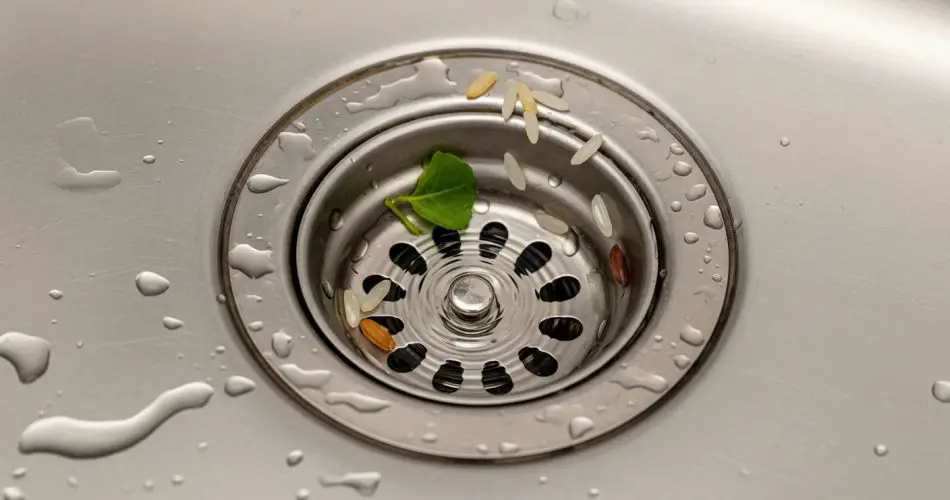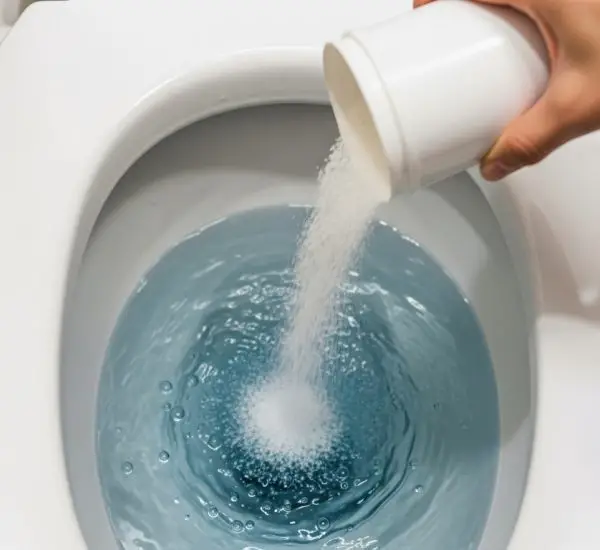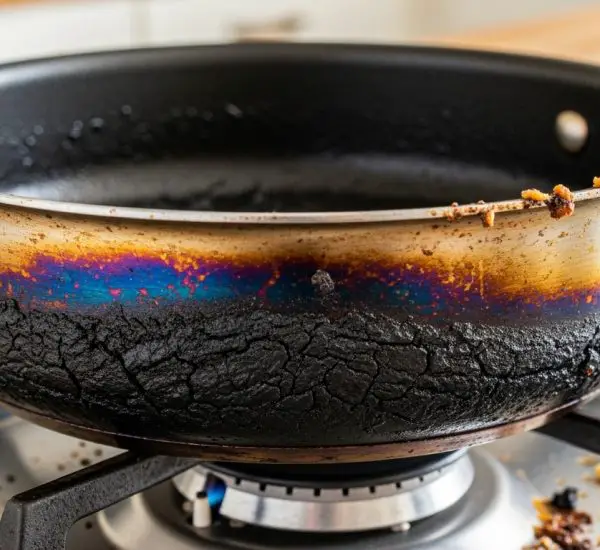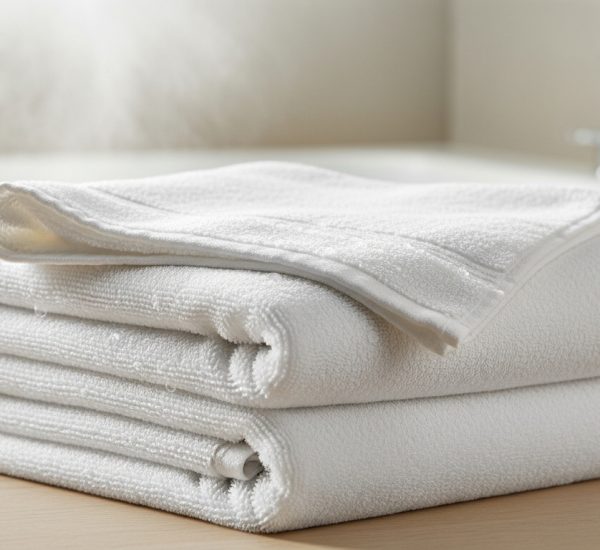When the kitchen sink becomes clogged, it can cause chaos in your daily routine. Water stops draining, foul odors rise, and the mess can make cooking or cleaning unbearable. The first instinct for many is to call a plumber — but before you reach for the phone, try this simple and effective home method. With just two common household ingredients, you can dissolve the blockage, eliminate bad smells, and restore smooth water flow in less than an hour.
Why the Sink Gets Clogged
Clogged drains are a frequent household problem, especially in the kitchen, where grease, food scraps, and soap residue accumulate over time. Every time dishes are washed, small particles slip through the strainer and settle in the pipes. Eventually, these particles combine with fats and oils to form a sticky buildup that narrows the passage of water.
The problem worsens when coffee grounds, bits of pasta, or pieces of vegetable peel find their way down the drain. Even if they seem small, these residues cling together, slowing the flow of water and, in time, causing a complete blockage. Once the pipe is obstructed, stagnant water becomes a breeding ground for bacteria, producing unpleasant odors and making the sink unusable.
Common Mistakes That Worsen the Problem
Many people unknowingly make small daily mistakes that contribute to clogged pipes. For example:
- Washing dishes without scraping them first: Even tiny crumbs and grease build up inside the drain.
- Pouring cooking oil or fat down the sink: Once cool, these substances solidify, acting like glue that traps debris.
- Rinsing coffee grounds: Coffee doesn’t dissolve in water — instead, it compacts and forms a thick, muddy blockage.
- Relying too often on chemical drain cleaners: These products are aggressive and can corrode pipes or harm the environment without always resolving severe clogs.
A few preventive habits — such as scraping plates into the trash, using a sink strainer, and disposing of grease in a separate container — can help avoid future problems.
The Simple Two-Ingredient Solution
If the sink is already clogged, there’s a natural, cost-free method that works in most cases — and it doesn’t require calling a professional. The secret? Baking soda and vinegar.
These two ingredients are powerful on their own, but when combined, they create a chemical reaction that helps break down grease, food particles, and other debris blocking your pipes. Together, they also disinfect and neutralize bad odors.
You’ll need:
- 150 grams of baking soda
- 200 milliliters of white vinegar
- Boiling water
How to do it:
- Pour the baking soda directly into the drain. Try to get as much as possible down the hole rather than around it.
- Slowly add the vinegar. You’ll notice an effervescent reaction — that fizzing is what loosens the blockage.
- Let the mixture sit for 30 minutes. During this time, the reaction will break down organic matter and dislodge grease deposits.
- Boil a full kettle of water (about 1–2 liters).
- Carefully pour the boiling water down the drain. The hot water will flush away loosened debris, leaving the pipe clear and clean.
Within minutes, you’ll notice the difference — the water will begin draining smoothly again, and any unpleasant smells will disappear.
Why This Method Works
Baking soda, or sodium bicarbonate, is a natural deodorizer and mild abrasive. It softens residue and helps remove organic buildup without damaging metal or plastic pipes. Vinegar, on the other hand, contains acetic acid, which dissolves grease, mineral deposits, and light limescale. When the two substances interact, they produce carbon dioxide bubbles that lift and push away trapped dirt, allowing water to flow freely again.
Unlike commercial products, this mixture is completely non-toxic, environmentally friendly, and safe for regular use. You can repeat the treatment every couple of weeks as a preventive measure to keep pipes clean and odor-free.
Say Goodbye to Bad Odors
In addition to unclogging the drain, this method effectively eliminates the unpleasant smells that often come from stagnant water or decaying food residues. The combination of baking soda and vinegar disinfects the pipes, while the boiling water ensures everything is flushed away. For extra freshness, you can add a few drops of lemon essential oil or a tablespoon of lemon juice to the final rinse.
Preventing Future Clogs
Once you’ve cleared the blockage, it’s worth changing a few habits to prevent future problems:
- Scrape plates before washing. Always remove leftover food and throw it in the trash or compost bin.
- Never pour oil, grease, or fat into the sink. Let them cool and dispose of them in a sealed container.
- Use a sink strainer. This simple tool catches debris and is easy to clean daily.
- Flush with hot water weekly. Pouring boiling water down the drain once a week helps prevent buildup.
- Avoid harsh chemicals. They can weaken pipes and kill beneficial bacteria in your plumbing system.
By combining mindful habits with simple natural cleaning methods, you’ll keep your kitchen fresh and your sink functioning perfectly.
A Cost-Effective and Eco-Friendly Solution
Clogged drains don’t have to mean expensive repairs or harsh chemical fumes. This vinegar-and-baking-soda method is not only effective but also gentle on both your pipes and the planet. In just half an hour, your sink can be restored to full function — without calling the plumber, spending a cent, or damaging your plumbing system.
Try it once, and you’ll never want to go back to store-bought drain cleaners again. Sometimes, the simplest household ingredients really do hold the most powerful solutions.



